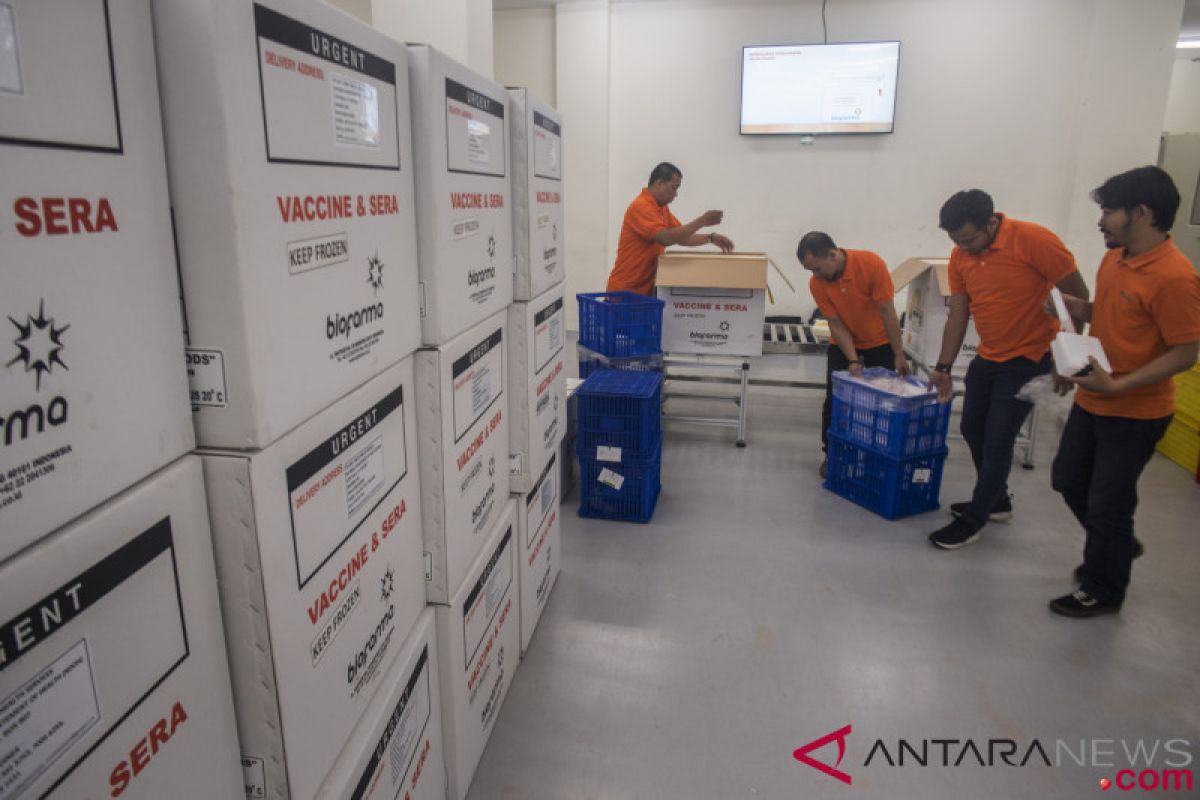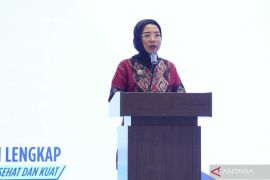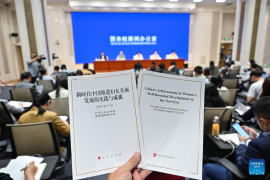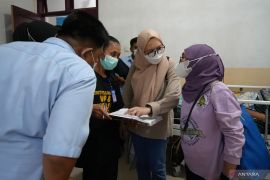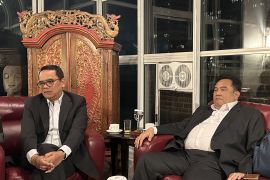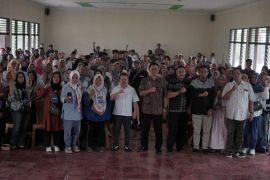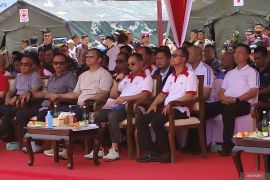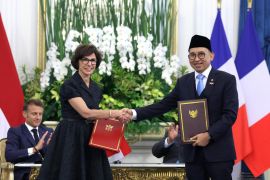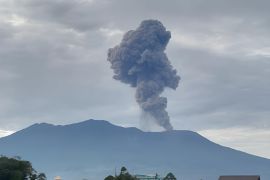"Right now, it is dominant in Asia, then the Middle East, and we will later look at Africa," President Director of Bio Farma Rahman Roestan remarked on the sidelines of the "High Level Meeting on Country-Led Knowledge Sharing" (HLM on CLKS) meeting held in Nusa Dua, Badung, Bali, Monday.
According to Roestan, vaccines to be exported to several African countries include basic immunization vaccines, such as tetanus, diphtheria, pertussis, harmophilus infuenza type B (HIB), and pentabio.
Apart from Africa, the state-owned company also targets the market in Latin America, so it is optimistic that this year`s export target of $71 million can be achieved.
"Until this year, only some 70 percent of the total export target has been achieved. We are optimistic that it will be achieved," he added.
He remarked that Bio Farma was able to produce a total of more than two billion doses per year, with a production composition of 60 percent for domestic needs and 40 percent for export demand.
Until now, Rahman remarked that several developing countries were keen to take a cue on vaccines from Indonesia after becoming a reference center for vaccine products, especially for Islamic countries or the OIC.
Of the 57 OIC member countries that have a vaccine manufacturing plant, he remarked that only seven countries were recognized by the World Health Organization or WHO, one of which was Indonesia.
New basic immunization vaccines have been successfully produced by Bio Farma Indonesia.
On the occasion of the HLM on CLKS meeting, he also shared experiences with hundreds of participants from 30 countries related to the management of innovation that had been carried out.
He noted that one of the innovations in vaccine products was by creating a five-antigen vaccine packaging efficiency in a single-use syringe that not only provides benefits for the company but also the community.
Thus, it can reduce the use of natural resources, such as water, electricity, and other raw materials, which were originally five separate antigens now in one vaccine product, so that distribution and prices can be reduced.
Rahman added that Bio Farma`s innovation was called information technology by integrating the "Enterprise Resources Planning" system for Bio Technology companies and implementing "track and trace" system technology to ensure the risk of counterfeiting vaccine products.
"These are just a few examples. On this occasion, we will share innovation management from the top-level, in the form of the placement of vision and products made, and vice versa, from the bottom up management, more related to the improvement of the process," he added..
Reporting by Dewa Wiguna
Editing by Eliswan, Andi Abdussalam
Reporter: antara
Editor: Heru Purwanto
Copyright © ANTARA 2018
